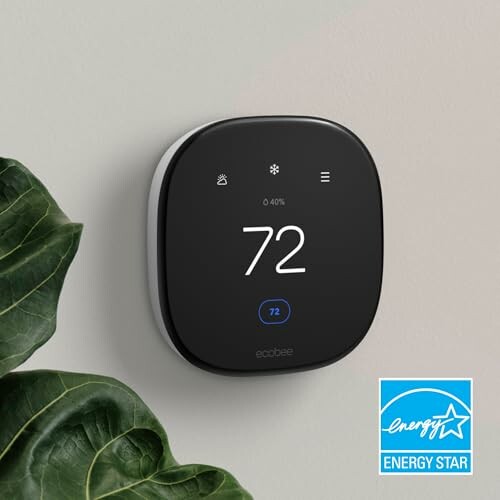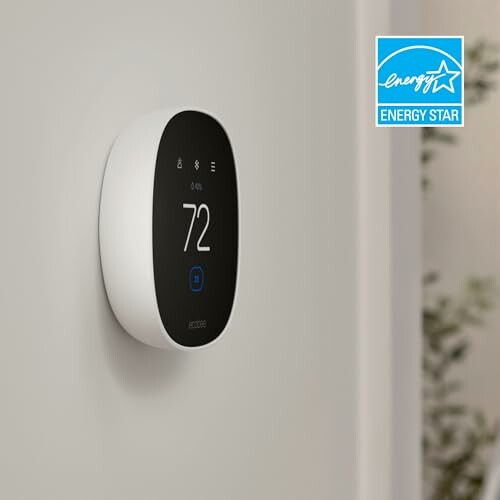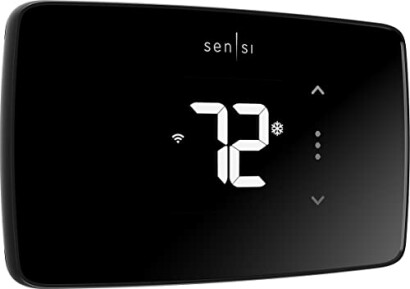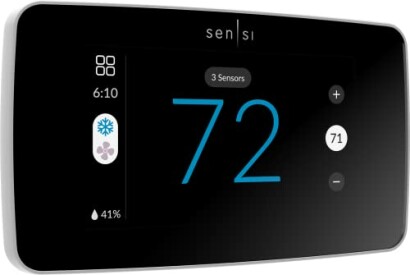Energy Efficient Thermostats
Energy efficient thermostats are specifically designed to minimize energy consumption and reduce utility bills without compromising on home comfort. A key indicator of energy efficiency is the Energy Star certification, which signifies that the product meets strict energy performance standards set by the U.S. Environmental Protection Agency. These thermostats employ various strategies to achieve savings, such as optimized heating and cooling schedules, intelligent learning of household patterns, and eco modes that adjust temperatures during off-peak hours or when the home is unoccupied.
Many energy-efficient models are also smart thermostats, offering features like remote access, geofencing, and detailed energy usage reports that empower homeowners to track and manage their consumption effectively. Brands like Ecobee and Emerson Sensi are prominent in this category, often highlighting potential annual savings (e.g., up to $50 or more on energy bills). By choosing an energy-efficient thermostat, consumers not only save money but also contribute to reducing their carbon footprint, making it an environmentally responsible choice for modern homes. These devices often guide users towards more efficient settings through intuitive interfaces and feedback mechanisms.





